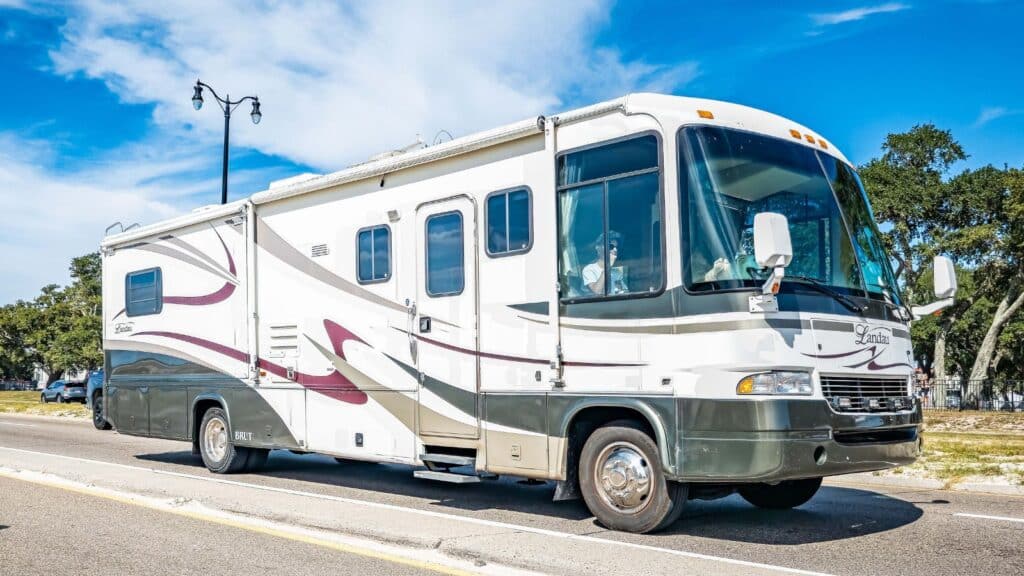Housing has become one of the biggest financial pressures in 2025. With rents and mortgages climbing, many families are getting creative to keep a roof over their heads. Some of the solutions are practical, while others push the limits of what most people would consider comfortable. Here are ten extreme ways people are slashing housing costs.
Living With Multiple Roommates

Adults well into their 30s and 40s are moving in with roommates to cut costs. Splitting rent, utilities, and even groceries makes housing more manageable. While it’s not the independent lifestyle many expected at this stage, the savings are hard to ignore. For some, it’s the only way to stay in desirable cities without going broke.
💸 Take Back Control of Your Finances in 2025 💸
Get Instant Access to our free mini course
5 DAYS TO A BETTER BUDGET
Converting Garages or Basements

Homeowners looking for extra income are converting garages, basements, or attics into living spaces. These units are often rented at lower prices than full apartments, making them attractive to tenants. It’s an unconventional setup, but both renters and owners benefit financially. The trade-off is less privacy and space, but it stretches budgets further.
Tiny Homes and Shed Living

Tiny homes have gone mainstream as people downsize to save money. Some are even converting backyard sheds into full-time living quarters. While the space is minimal, the lower costs free up money for other expenses. These setups often rely on creative storage and multipurpose furniture to make them livable.
Extended Family Households

Multigenerational households are becoming more common, with grandparents, parents, and kids under one roof. Pooling resources helps cover high mortgage or rent costs. Families share expenses for utilities, groceries, and upkeep, cutting costs for everyone involved. Privacy is limited, but financial relief often outweighs the challenges.
Renting Out Spare Rooms

Some homeowners offset their housing costs by renting out spare bedrooms on a long-term or short-term basis. Platforms make it easier to connect with renters, but it comes at the price of sharing personal space. For many, the extra income is the difference between keeping and losing their home.
Mobile and RV Living

A growing number of people are turning to RVs, vans, and mobile homes as permanent residences. While these options mean giving up traditional comforts, they drastically reduce monthly expenses. Mobility is a perk, but maintenance and parking challenges remain. Still, the savings make this lifestyle appealing to those priced out of conventional housing.
House Hacking

House hacking involves buying a property and renting out part of it to cover the mortgage. Duplexes, triplexes, or even homes with basement apartments are ideal for this approach. Owners live in one unit while tenants’ rent pays most of the bills. It requires upfront investment, but long-term savings are substantial.
Relocating to Cheaper Areas

Some families are moving to rural towns or less popular states where housing costs are much lower. This often means giving up job opportunities or amenities found in bigger cities. However, the trade-off can cut housing costs in half. For those willing to sacrifice location, it’s one of the fastest ways to save.
Co-Living Arrangements

Co-living spaces are emerging in urban areas, offering private bedrooms with shared kitchens and bathrooms. Rent is cheaper than traditional apartments, and utilities are often included. While it feels closer to dorm life than independent living, the arrangement works for people prioritizing affordability.
Skipping Ownership Altogether

Some people have abandoned the idea of buying a home entirely. They choose to rent indefinitely, avoiding the costs of mortgages, repairs, and property taxes. While renting doesn’t build equity, it provides flexibility and stability in a market where ownership feels out of reach. It’s an extreme shift from the traditional American dream.
How Far People Will Go to Save

Soaring housing costs are forcing people to get creative about where and how they live. Some are sharing homes, while others are downsizing or moving into RVs to save money. These choices may not fit the old idea of home, but they make it possible to stay within budget. As prices keep climbing, more families are expected to follow suit.
13 Tips for Creating a Realistic Budget You Can Actually Stick To

Managing your money is the key to financial peace of mind. A solid budget doesn’t just help you pay bills; it ensures you’re setting yourself up for a secure future. The problem is, if your budget’s unrealistic, you’ll toss it aside by the end of the month. These 13 tips will help you create a budget you can actually stick to without feeling like you’re depriving yourself. 13 Tips for Creating a Realistic Budget You Can Actually Stick To



